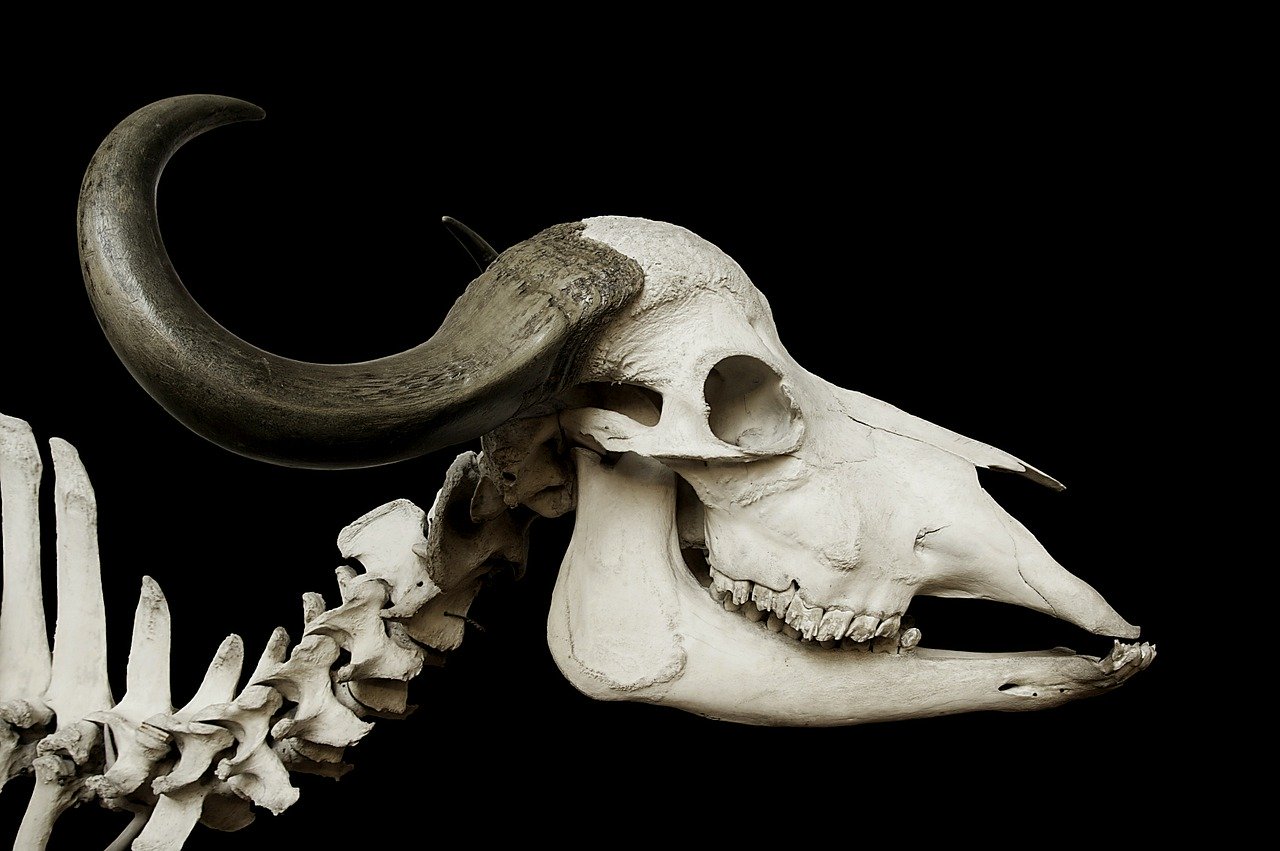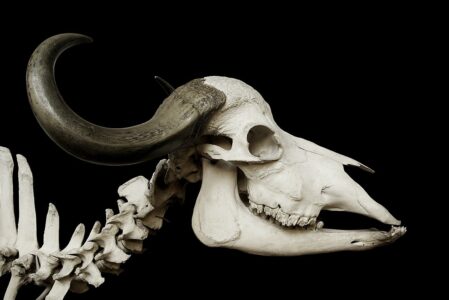 When you don’t want a break during COVID-19
When you don’t want a break during COVID-19
Bone strength decreases as we age due to the loss of minerals, mainly calcium.
The loss of bone strength increases the risk of fractures, causing long term complications and at times death.
The disease is osteoporosis and affects over one million people in Australia with another six million people suffering from osteopenia.
Osteopenia is classified as bone weakening, just not bad enough to be classified as osteoporosis.
The risk factors for developing osteoporosis include being female, ageing, genetics, low calcium and vitamin D levels, medical conditions such as overactive thyroid function or coeliac disease, certain medications, smoking, excessive alcohol consumption, inactivity and being either underweight or overweight.
Osteoporosis is more prevalent in females but one in four cases are male.
To diagnose osteoporosis requires a simple bone density scan to be performed at a number of radiology venues across Tasmania.
These scans are generally funded by Medicare. You need to be referred by your doctor to access Medicare funded scans.
Early detection of osteoporosis and osteopenia is important to reduce the risk of fractures and prevent further weakening of the bones.
Prevention is better than cure for all things health, especially for osteoporosis.
The five lifestyle strategies to looking after your bones are:
- Calcium – ensure an adequate intake of calcium rich foods such as dairy, soy products, broccoli, almonds and silver beet.
- Vitamin D – this essential bone strengthening vitamin is produced by exposure to sun light on the skin. To balance the risk of developing skin cancer and the benefits of vitamin D production ensure you limit the amount of sun exposure (without sunscreen and clothing covering the areas). In Tasmania only a few minutes in direct sunlight for most days of summer and between two to three hours a week between the months of May to August. For people who do not receive enough sunlight or have a diagnosed deficiency, vitamin D supplementation is used.
- Weight bearing and resistance exercises at least three times a week and maintain an active lifestyle.
- Stop smoking
- Keep alcohol intake low
Osteoporosis and osteopenia are conditions that can be prevented or at least managed by healthy lifestyle choices.
For further information or to discuss your own risk of osteoporosis/osteopenia, talk to your GP or preferred health care professional.
Further general information can also be found on the website www.osteoporosis.org.au


